There are a few key ways to reduce rejections with denial management in healthcare. First, you need to understand why denials happen. This includes understanding common errors, such as coding or documentation mistakes. Once you know what causes denials, you can work to prevent them from happening in the first place. Additionally, you should have a plan in place for how to handle denials when they do occur. This may include appealing the decision or working with the payer to reach a resolution. By taking these steps, you can reduce the number of rejections and ensure that your organization is getting the reimbursement it deserves.
Additinally, there’s no way to avoid claim denials entirely, but having an effective Denial Management Service can help keep the denial rate under control. This article provides guidance on reducing rejections and denials in medical billing with an effective denial management process.
There are many reasons why medical claims are denied by insurance companies. In this blog post, we will discuss the most common reasons for claim denial and how to avoid them. Some of the most common reasons of claim denial include missing or incorrect patient or provider information, duplicate claims, services not covered by insurance, and missed Timely Filing Limit (TFL). By understanding these reasons for claim denial, you can take steps to avoid them and increase your chances of getting your claims paid correctly.
Above mentioned are the major causes for claim rejections and denials which can be apparently controlled with conscious efforts and streamlined process in handling the Revenue Cycle Management. Listed below are few tried and tested steps to be persistently followed to gain the targeted standard of quality claims.
Accurate Patients Demographics
A lot of denials can be occured because of incorrect patient information. This can be fixed by getting it right during patient registration. Getting the details right at the beginning will avoid a lot of problems later on. The below list of patient information should be collected during registration to help streamline the process and make sure no mandatory data is missed.
- Patient Name, Age, DOB, Gender, Address and Contact Number, Email along with relationship with the policy holder.
- Insurance Name and contact details, plan details, policy start and expiry date, policy coverage details.
- Allergies or major medical history
- Copay, Co-insurance and Deductibles as applicable on the insurance covered
- Payment method for patient responsibility
Having a checklist will avoid on missing primary data needed for claim processing, thereby reducing the denial possibilities.
Quality Coding and Charge Entry
There are a few key points to keep in mind when it comes to medical coding and avoiding errors that could lead to claim rejection or denial. First, it’s important to understand that charge entry is not just about data entry, but also adding value by identifying any potential issues with claims, procedures, or fees. Additionally, having quality checks and regular audits in place can help reduce the error percentage. Finally, focus on effective denial management steps in order to achieve the targeted revenue.
Claim Audit and Analysis
Performing a complete analysis of denied claims to identify the reason for rejection and working out to curb further such erroneous claim and educating the related team is a process flow that needs to be part of every Medical Billing Services.
Timely re-submission of Claims
There is a deadline for every claim submitted to an insurance company, called the Timely Filing Limit (TFL). Effective denial management means processing rejected and denied claims within the stipulated TFL in order to avoid further problems due to late submission.
Account Receivable Follow-up
The accounts receivable team’s timely and regular follow-up with insurance companies helps expedite the claims reimbursement process. However, effectively following up requires additional time and effort to be invested by a dedicated team.
Outsourcing Denial Management to a Medical Billing Company
If you want to reduce your claim rejection rate and effectively manage claim denials, partner with an experienced medical billing company like Everest A/R Management Group Inc. They can handle your accounts receivable and denial management services while you focus on patient care.
